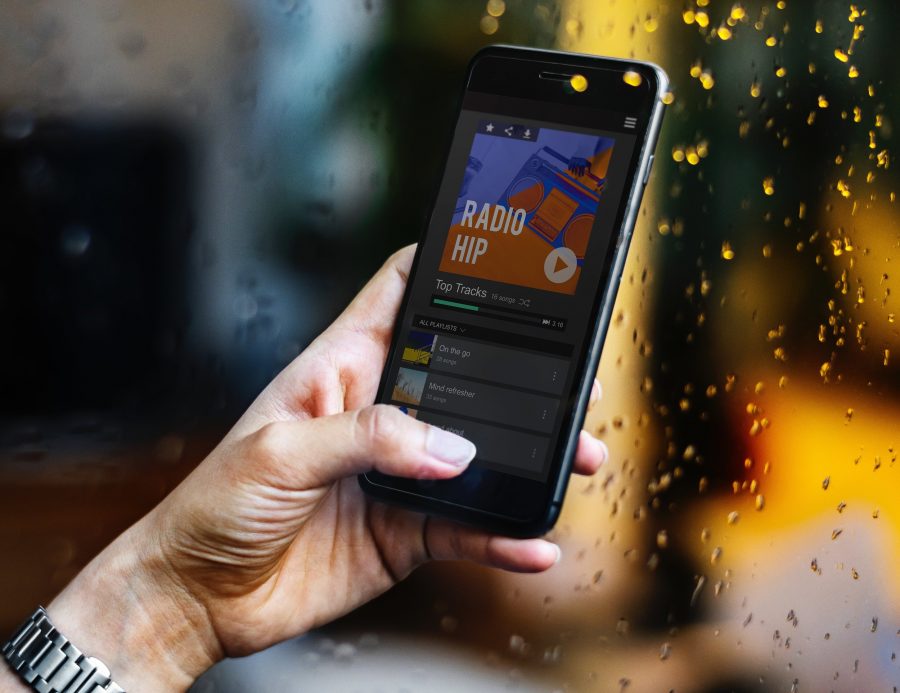Lifetime’s six-episode documentary series introduces rhythm and blues singer Robert Kelly — famously known as R. Kelly — as a shy young boy who lived in Chicago and had a passion for singing. While this documentary could have focused on Kelly’s journey to following his dreams, the documentary centers on a much darker side — the survivors of his abuse.
The survivors recount the tremendous physical, emotional and sexual abuse they encountered while working for Kelly. From having to ask Kelly for permission to use the bathroom to being forced to take part in videotaped “sexual escapades,” vivid details emerge throughout the Surviving R. Kelly series. Although the Lifetime network does justice in showing the public the decades of abuse women went through, one question remains unanswered: should the “King of R&B” still have his content displayed on music streaming sites?
Spotify’s stance in the “#MuteRKelly” social media movement has given users the freedom of choosing whether or not they want to hear Kelly’s music. As Billboard reports, by clicking the “don’t play this artist” button on the menu available on each artist’s profile page, users are able to stream music freely without ever hearing songs from an artist they dislike. Other streaming services like Apple Music or Pandora have yet to create something similar.
In effect, this function does very little in actually muting Kelly’s music; more so, it just gives users the option of not listening to it, whereas two radio stations in Dallas have now decided that they are “no longer going to support the music,” says George Cook, the director of operations for the stations. It seems fair to have radio stations discontinue Kelly’s music. Radio stations are on a public forum. If victims suddenly turn on the radio and hear the rhythm and blues singer’s music, how would it make them feel? Radios are spontaneous, and even though switching to another station is easy, victims of Kelly should not have to go through that emotional turmoil. Furthermore, it seems justified for Spotify to include their new button because unlike radio stations, the user has always been in control of what they listen to. Therefore, the ease of pressing a button can allow any user to potentially wipe out any source of Kelly or another artist from their app. Other streaming services should do the same. Apps or sites that use user accounts, such as YouTube, should also input this feature. Ultimately, giving the user the option of doing what they like with their music makes everyone happy.
However, many people are still upset with Spotify’s policy. They still firmly believe that Kelly’s music should be completely wiped out. While many can agree that his actions were vile and disgusting, there have been many other celebrities such as Chris Brown, Elvis Presley, Bill Cosby, Tyga and others, who have either engaged in relationships with minors or been arrested for charges of sexual assault, rape and battery, and their content is still out on the internet, radio or streaming sites. For instance, The Cosby Show still has reruns every so often, even though Cosby was accused and convicted of sexual abuse. The fact is, if music aficionados muted Kelly because of the documentary series, then they should do the same to artists that have also abused women for decades, which seems impossible given how many abusers are out there. However, streaming sites should still continue giving users the freedom to choose who they want to listen to and who they want to keep out of their playlists.






